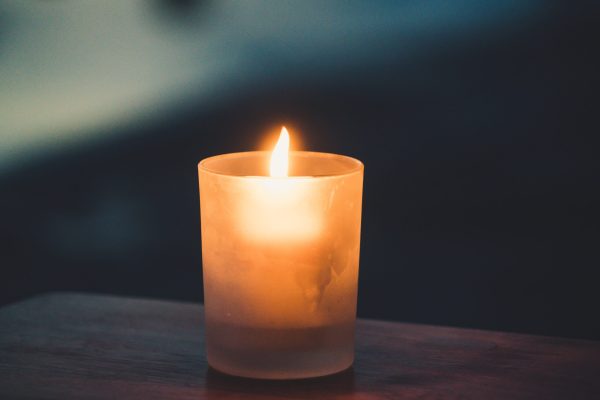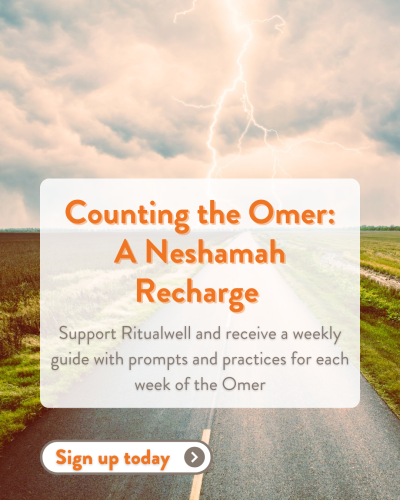This can be used as an introduction to the Zikhronot section of the Rosh Hashanah liturgy.
God remembered Abraham and Sarah – they were blessed with a son
God reached out to Hagar – no longer was she abandoned.
God was there for Isaac – saving him from being an unwanted sacrifice.
God protected Jacob – through wresting with him, Jacob found his true identity.
God watched over Joseph – thus ensuring his role to save his family and tribe.
God chose Moses – so he could lead his people to liberation and freedom.
God heard Hannah – her fervent prayer for a son was granted.
In instance over instance, God heard our ancestors’ pleas and responded.
We remember and wonder: Does God hear our cries?
We remember and ask: Does God care for us as deeply as our forefathers and foremothers?
We remember and question: Where is God when we struggle, when we are despairing, when we are in need?
But perhaps that is the wrong question.
Perhaps we should rather be asking:
Do we remember God?
Do we remember to show gratitude to God when we are feeling blessed?
Do we remember that we are God’s hands and act justly in this world?
Do we remember to affirm our identity and be proud as Jews?
Do we remember to hear others’ cries for help like God did?
Do we remember to allow God into our lives?
A relationship is a two-way street.
God is waiting and remembering how it was when God had deep relationships with our ancestors.
God remembers how good it felt.
Maybe it is time for us to remember, to reach out, to respond when God calls out to us:
Where are you?
Are we ready to remember and respond, Hineni – Here I am.













